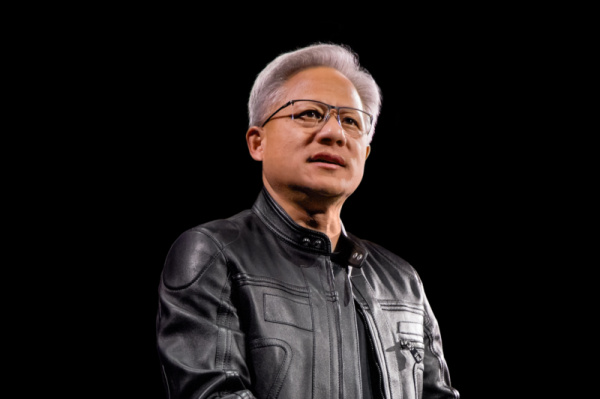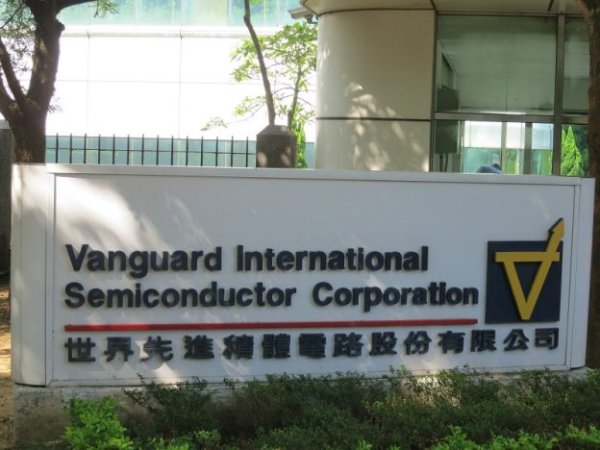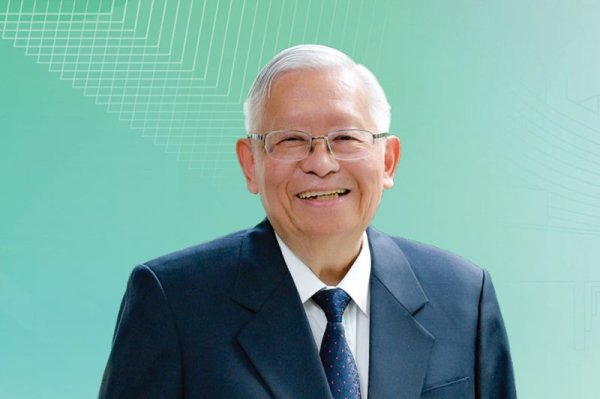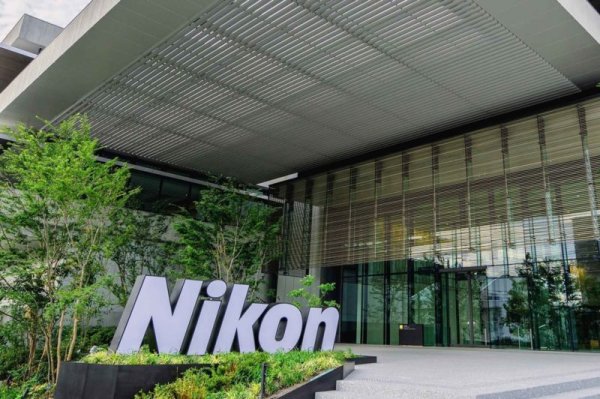Patent cockroaches come! The Industrial Research Institute called for the establishment of LOT alliance, and Taiwan s factory will join forces to fight against lawsuits and blackmail
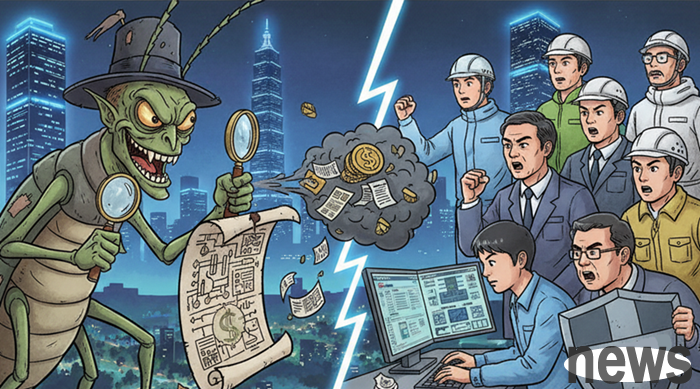
In recent years, patents have become a weapon for some groups to seek and pay, and the situation has been frequent. The threat of patent lawsuits has prompted Taiwan’s two-half of its conductors and many technology workers to establish a defense alliance under the call of the Institute of Technology and Research.
In late September, the LOT (License on Transfer) Industry Alliance (hereinafter referred to as LOT Alliance), which was supported by the industry giants of Sun and Moonlight and Industrial Research Institute, will officially start its operations, with the purpose of allowing companies joining the alliance to jointly fight against the threat of new types of patent lawsuits.
On September 15, Chen Bili, deputy chief of Taiwan Electricity and smart property lawyer, explained the concept of LOT at the "Innovation Week" event held by the Institute of Technology Research and Research, "the two companies have no mutual authorization and can usually file for patent infringement with each other; but as long as a patent cockroach sues any alliance member, the defendant will automatically obtain patents held by other members in the alliance."
In the simple report full of charts, Chen Bili did not forget to put in a cartoon cockroach pattern to impress listeners with this new threat. "Private cockroaches, whose academic names are NPE, PAE, and PHC, their business model is to buy patents and then relied on lawsuits to currency the patents." She said
For NTD, the concept of LOT is not unfamiliar. Chen Bili, for example, in the past, Telco and Intel reached an LOT agreement, "At that time, we had about 60,000 patents, and Intel had more than 70,000." After signing the LOT agreement, Intel soon entered into a patent transaction with an NPE; after the transaction was completed, NPE began to file a lawsuit with other semiconductor companies such as Samsung with the Intel patents. Only Telco was able to have no hair due to the LOT agreement.
The concept sprouts originated from the international factoryBut for many Taiwanese data workers, LOT is still a relatively unfamiliar concept. This is also the main reason why the Taiwan Electricity Corporation, the Institute of Technology, and the National Industrial Conference (hereinafter referred to as the General Administration) began planning last year and established the LOT alliance in June this year.
"The General Manager has more than 100,000 members of the company, many of which do not even have inventive patents. Joining the alliance can help manufacturers cut short and reduce the investment in R&D capabilities." General Manager Jun Zheng said it very carefully, because he has been assisting the development of industry all the way from the Industrial Bureau to the General Manager, but he found that most factories still have insufficient emphasis on patents.
This time, he can invite key actors from Taiwan's electricity, sun, moonlight, industrial and industrial chiefs to participate in the alliance. He is Wang Yu, the chief of the Institute of Industrial Research and Research.
Time went back to December 2022. At that time, many electronic OEM manufacturers and Internet operators in Taiwan received notices from an international factory, and announced that they would collect rights for patents.
"I was deeply impressed. It was on the eve of the Agricultural New Year. International Factory notified Taiwan that it would not be prepared to pay tens of thousands of standard essential patents (SEP) rights funds within two months, and it would file a lawsuit." Wang Yu recalled that it was the starting point for the Industrial Research Institute and the Chief of Workers.
"Xu Jieli, deputy chairman of the Electrical and Electrical Industry Association at that time, came to the Institute of Technology Research and Technology and asked us to help the manufacturer for analysis." Wang Yuyu pointed out that the Institute of Technology Research and Technology also accompanied the manufacturer to negotiate, "To be honest, I didn't expect that the strength and time of international manufacturers to take the SEP would be so urgent and fast." Until today, many Taiwanese factories are still in the negotiation stage.
This period of experience also allowed Wang Yuyu to turn his attention to the threat of patent claims faced by Taiwanese manufacturers when developing and revitalizing patent assets. "The movement of patent cockroaches has caused Taiwan's operation risks, increasing costs such as manpower, time and money," he said. It was not until the situation of Taiwan's industry was explored in 2024 that it was truly learned from the legal officers of various companies that patent cockroaches were becoming increasingly rampant.

